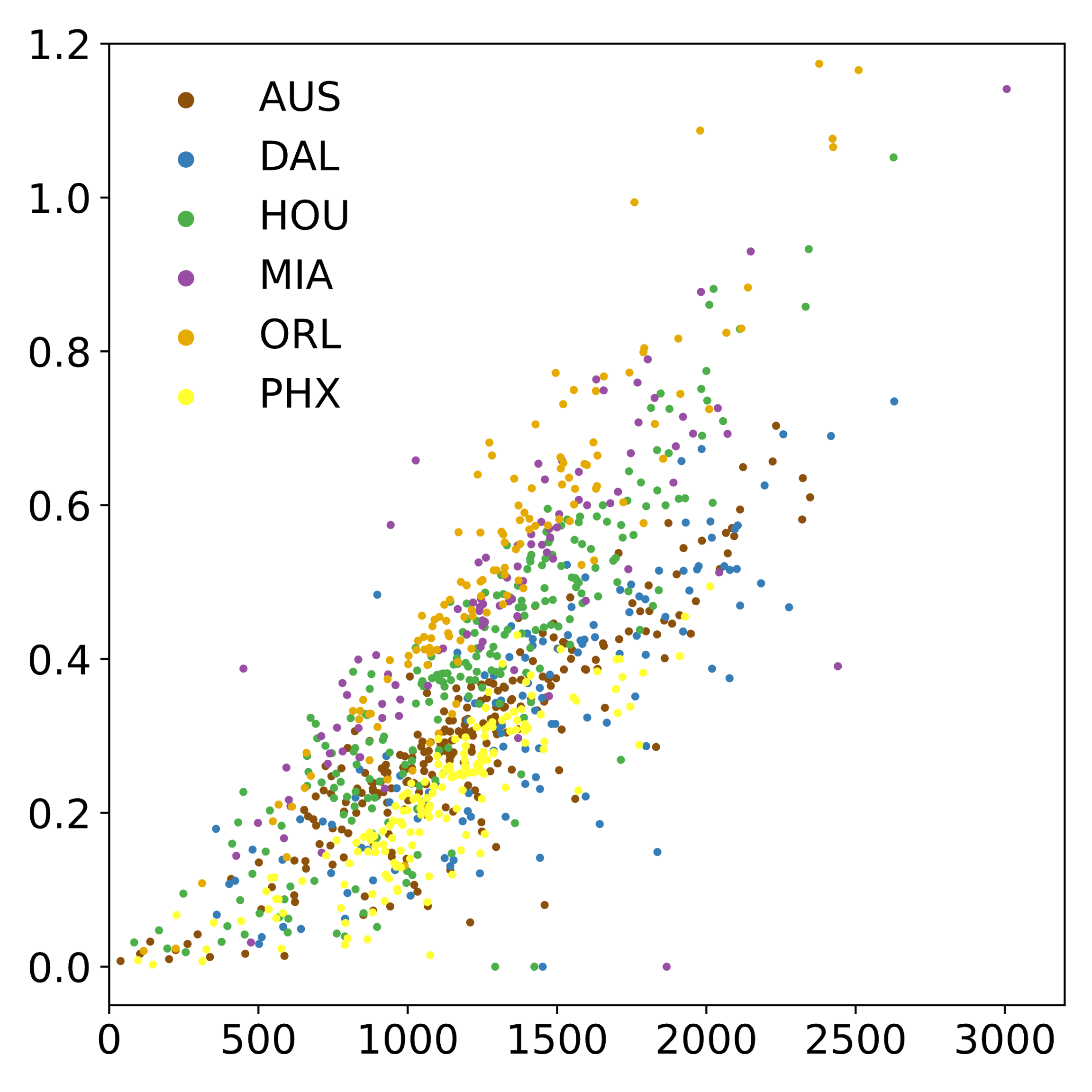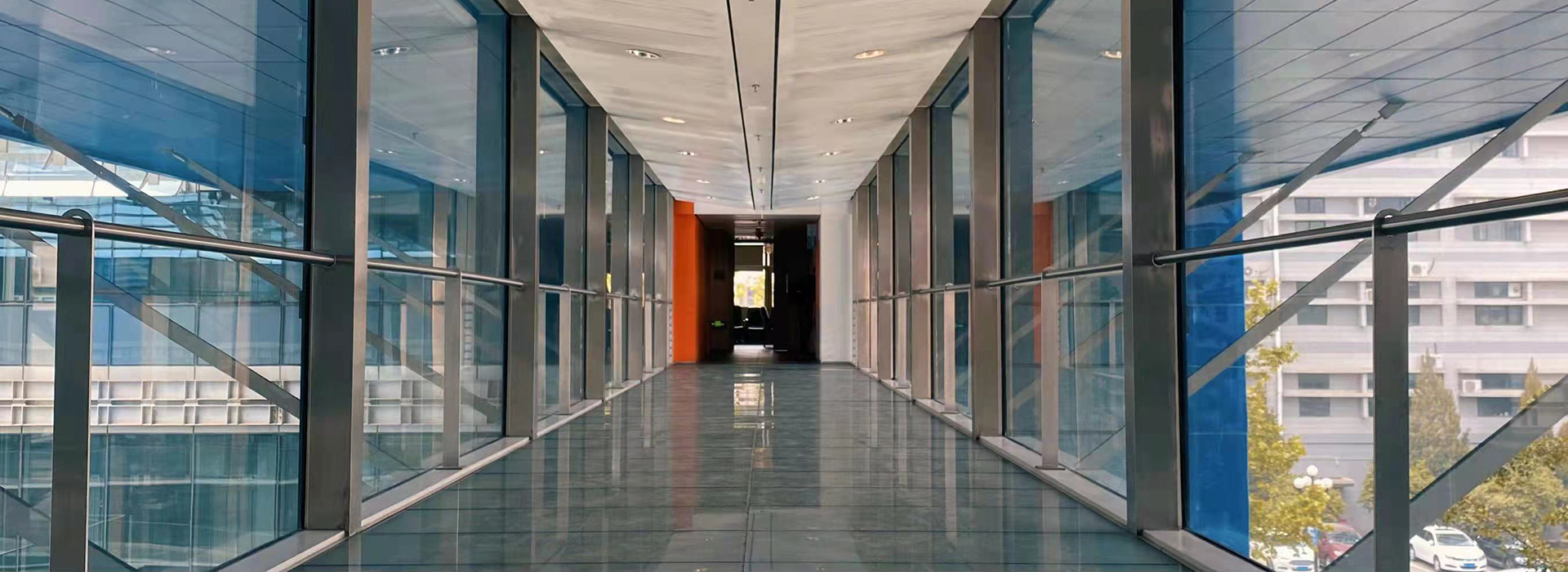Residential rooftop solar is likely to make increasing financial sense, say Tsinghua researchers.
Installing solar panels on residential roofs is an increasingly sound investment, researchers in China and the US have shown.
Within the lifespan of today's solar panels, the value of a solar system to household budgets could grow by 19%, equating to significant power bill savings, says the authors of a study published in Nature Climate Change in April 20241.
This increase in value was calculated from electricity bill savings combined with revenues from selling excess electricity, minus the purchase and installation costs, explains Lu Xi a professor from Tsinghua University, who co-led the research.
He points out that this modelling is hugely practical, because homeowners weigh up up-front installation costs against long-term financial returns when deciding whether to adopt solar.
“When a household installs rooftop solar today, the panels will be operating until almost 2050, given their expected 25-year lifespan,” Lu says. “But until now, no study had quantified how climate change could impact rooftop solar's future value.”

Climate change's effect on household optimal rooftop solar capacity in terms of cost and return versus annual cooling demand increase in hot cities in the United States in a scenario in which there is a moderate increase in average annual temperatures. The x-axis shows the possible cooling demand increase in terms of kilowatts per year and the y-axis is the likely corresponding rooftop solar power adoption increase in terms of kilowatts per house. In hot cities increases in both need and capacity are likely to rapidly increase. (Cities: AUS: Austin, DAL: Dallas, HOU: Houston, MIA: Miami, ORL: Orlando, PHX: Phoenix).
Looking to 2050
His team modelled the future energy demand and the solar energy production of more than 2,000 homes. The homes were spread across 17 US cities representing multiple climate zones, from cold coastal Boston to Houston’s Texan heat.
“We first established models on how climate change will impact hourly solar energy potential and household power loads in each location,” explained by Ph.D. candidate, Mai Shi, the first author of this study. “We then used a power optimization model to quantify the value of this solar.”
The modelling showed that households right across the US will see growing financial benefit from rooftop solar under intermediate climate change scenarios, due primarily to rising temperatures and increased home cooling requirements.
As peak demand for cooling typically coincides well with peak solar power generation, the ability of solar households to at least partially meet their own power demands on hot days was the main factor behind the rising economic benefits of having solar systems, says Lu.
“This trend occurred across nearly all of our cities, whether in cold, mild or hot climate zones,” he adds. And as household cooling demand is expected to increase in most parts of the world, he thinks the team’s modelling is likely to be widely applicable.
The increase in sunny days due to climate change will also see rooftop solar power's overall generation capacity go up in 99% of households by 2050, he adds. Under climate change scenarios in which greenhouse gas emissions peak by 2040, the sunnier weather in certain cities sees average rooftop solar capacity increase by up to 25% by 2050.

Tsinghua Professor Lu Xi and Ph.D. candidate Shi Mai have looked at the increasingly promising financial case for household solar systems.
Solar policy
Schemes that help users to recognise the increasing value of rooftop solar could be beneficial for policymakers aiming to encourage residential solar installation to help decarbonise the energy sector, Lu says.
“If households are able to understand the potential for increasing benefits when adding solar panels, our findings indicate they would see even greater value in rooftop solar,' says Lu, which could lead to more and larger residential systems being installed.
“And the more solar that is built, the more household cost savings and the more decarbonization we will see” he adds.
In addition to Lu and Shi, the other senior author of the paper is Michael T. Craig from University of Michigan.
Reference
Shi, M., Lu, X. & Craig, M. T. Climate change will impact the value and optimal adoption of residential rooftop solar Nature Climate Change 14, 482–489 (2024).





